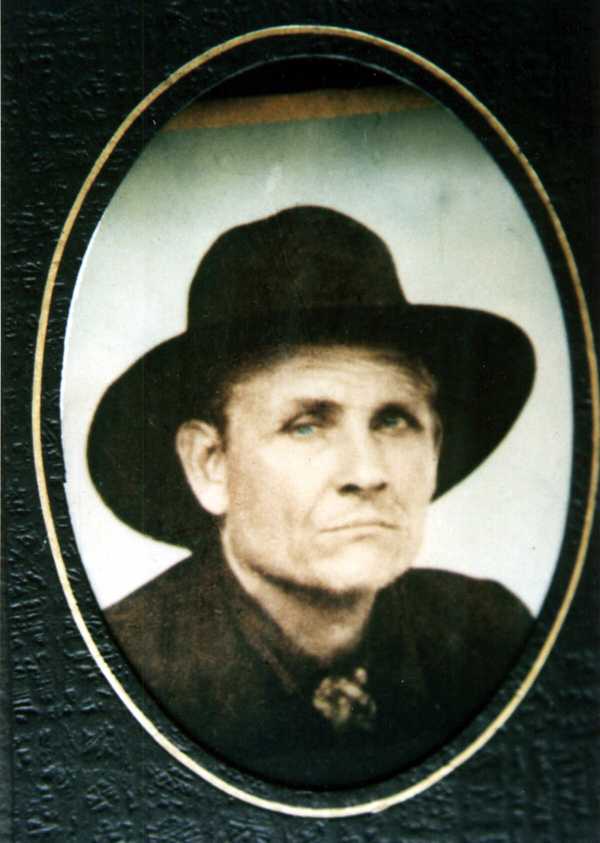 Joseph
Huggins, Co K
Joseph
Huggins, Co K
Biography of
 Joseph
Huggins, Co K
Joseph
Huggins, Co K
![]()

Corporal Joseph Huggins' early life is a complete mystery until his entry into the service on September 11, 1861. From his pension file, we have learned that he was sick with Rubiola during January, 1862. On his return, he participated in several of the preliminary engagements leading up to the Battle of Stones River, Tennessee on December 31, 1862. In the early morning hours, he was one of his company trying to capture a Confederate artillery piece firing on a neighboring brigade. When the enemy successfully counterattacked, he was slightly wounded and captured along with a significant number of his comrades. The prisoners were sent to Richmond, Virginia where they were paroled back into Federal custody at Camp Parole, Maryland. After a short stay in Maryland, the men of the 18th that were still fit for service were sent to Camp Chase located at Columbus, Ohio to guard Confederate prisoners. Returned to his Regiment in June of 1863, he again was involved in the skirmishing that took place in and around Tennessee and Northern Alabama. His Regiment was in the middle of the fiercest fighting during the Battle of Chickamauga, Alabama on September 13, 1863. He appears to have made it through the battle unscathed or else he was absent from his company during the engagement. Later, after Rosecrans retreats back to Chattanooga and is under siege, he is listed as onboard the captured Confederate steamship "Paintrock." The Paintrock was instrumental in carrying supplies to the besieged Army of the Cumberland. During the breakout maneuver at Brown's Ferry, the 18th was in charge of ferrying the troops responsible for capturing the bridgehead that ultimately broke the siege.
After the war, he married Magdalena (Madeline) Herrman of Gallia County, Ohio in 1865. A son, William Huggins, was born in 1867, followed by another son, Joseph Huggins (Jr.?) in 1870. His third and final child with Madeline, Magdalena (Lena) Huggins, was born in 1872. He left Gallia County in late 1872 or early 1873 in the company of Magdalena's younger sister, Margretha. In 1880, he is living in West Virginia under the name Joseph Davis. Eight children are born to Joseph and Margret Davis. Joseph led a quiet life in Ansted, West Virginia for his remaining years. He died in November, 1912 and is buried in Harrah Cemetery, Ramsey, West Virginia. His and Margret's original house has been destroyed by time, but the chimney remains as to the location.